Paddling and flowing in urgent times
When Silvia came into the garden last week, I asked her how she was, she took her headphones out of her ears, and responded with a big smile ‘Very inspired!’ I was curious and wanted to feel inspired too. She told me she was listening to a podcast by Bayo Akomolafe, someone who has and continues to help shape our work. Later that week I listened to the podcast too, and felt equally inspired. Bayo eloquently articulated something for which I have not been able to find the words, but feel on a daily basis inside of me.
In an article written by Bayo Akomolafe and Marta Benavides, they claim that:
‘the system is not the cause of our problems, it is a consequence of our separation from each other. It is a consequence of our complicity with our own destruction. In other words, we are the system we fight against. If we beat the system at its own game, we’ve lost. It is no longer time to rush through the contested world blinded by fury and anger – however worthwhile these are. Now, we think, is the time to ‘retreat’ into the real work of reclamation, to re-member again our humanity through the intimacy of our relationships. The time is very urgent – we must slow down.’
The time is very urgent, we must slow down
This encapsulates so beautifully what we aim to do through providing our gardens as spaces for people to reflect, connect with others and rediscover nature as home. Our gardens offer a different pace of life, stillness, song and togetherness, in which people find common ground across differences, in which we sit around fires and tell stories, in which we have our hands in the soil and exchange seeds, in which we make, create and see each other for all that we are, and from this space to imagine and build a more just world.
However, as with all charities working to create environmental and social change, the work that takes place behind the scenes is very much like the metaphor of the calm duck who is paddling furiously under the water to stay afloat. We work in the middle of areas of rapid urban growth and regeneration and work within this system, working with all of our neighbours, from local residents to schools, construction companies, developers, small and medium organisations and bigger institutions such as the British Library and Universities. We believe that everyone is needed in order for the world to change, and though our contribution is the creation of biodiverse spaces, celebrating and supporting diverse people, plants and wildlife, we also aim to have a seat at the table so that we can influence sustainability and social initiatives at all levels locally, giving a platform to the voices of the young people and local families we work with. The more we get involved, the more there is to do, the more aware we become of what still needs doing.
This easily starts to feel like a never ending spiral of doing, acting, reacting, with no time for pausing, unlike the cycles of Action Research of doing, learning, reflecting, where the pausing is so important. So then, going back to Bayo’s words, have we become the system we fight against? Are we trying to do too much? Are we slowing down in these urgent times or are we rushing faster and faster as competition for funds is increasingly competitive, as living costs are rising, as our team grows, as we create more gardens, as we work across sectors and as the need for change feels more pressing than ever? How do we find the right balance? Of work and play … of doing and slowing down?
We know that the health of the planet is intricately connected to the health of communities and individuals. The burnout that our planet is experiencing is reflected in the burnout we are, as a society, experiencing in our daily lives. Poor mental health is increasingly present in the children, young people and local residents we work with, and as we experienced, we, as a team have not been exempt from what is happening all around us.
In a workshop led by Jane Jones, one of our trustees who is a psychologist and leadership coach, in January 2022, it was felt that the majority of the team was feeling low on energy and overwhelmed. A lack of time for planning and reflection was highlighted. It was the last lockdown and covid numbers were soaring once more. We took this natural low point in the year as an opportunity to review how we best support each other in the team so that we can all best support others in our local communities. We explored what more we can do to lead the way as a nature-based organisation which aims to follow the patterns and rhythms of nature, with its natural pauses and ability to adapt and regenerate. What would it look like if we followed the rhythms of nature better? How does this work in the middle of the city where ‘the system’ does not follow these rhythms?
Winter as a natural time to slow down
Over the past year we have worked closely together to find natural points for reflection and nourishment, starting with this winter. The gardens we work from teach us that winter is naturally a quieter time, the shorter and colder days lend themselves to slowing down and to building up our energy stores for the busyness of spring, summer and autumn. In our sheds which double up as offices, we feel the cold wind blowing into our bodies, the pipes freeze up, the toilets stop working, young people don’t want to travel in the dark late in the evening, the families and children that usually take over the garden and bring it to life hide in their homes. The garden is telling us that we need to work differently.
So we adapted the rhythm of our work, less programmed workshops and more celebratory events with the local community focusing on wellbeing and people gathering around the warmth of our fires, and more time for learning and training. As a team we spent 3 days together at Quadrangle to reflect on our work inspired by the forest in the winter, the leaves falling inviting us to explore what we want to let go of; the composting that is taking place on the forest floor asking us what we want to change; the new shoots growing inviting us to find out what newness we want to bring into our work. We used this time to nourish ourselves and each other, sharing ways to recharge, creative skills and playful activities; to explore lightness and darkness in nature and in ourselves; and to learn about each other more through the work of archetypes and how we work as a team.
Here are some reflections from the team on this winter period in which we slowed down as an organisation …
This pilot allowed me to spend energy and focus on deeper planning and organisational work, and specifically on practical, reflective and administrative tasks that often go unfinished or are rushed. It enabled me to enact what I have learnt on my horticulture course, and to do planning for future sessions.
Seth
At the end of this winter period I appreciate having been able to work with the seasons more - reduced hours has meant slower starts on dark days, and finishing earlier as the dark encloses again. I’ve foUnd this winter very hard - cold, damp, but also the sociopolitical World around me has felt that known structures seem no longer secure, and that there is a rise in the air of hateful ways of being and saying. I’ve searched for small signs to keep me going - cracks of blue sky on a cold day, frost patterns and anything warm and comforting.
Sue
“The pilot allowed me to realise how difficult it is to slow down and manage workloads and deadlines. It gave me the opportunity to try and create more space, to feel less pressured, it gave me this space for reflection and thinking about how practically I manage slowing down with looming deadlines.”
Jemma
“The pilot had allowed me to dream about what work places (and all the human activities really) could look like if we truly listened to nature. It allowed me to feel even more how lucky I am right now in this city and with this work. It allowed me to ‘feel’ the others more. To see another way is possible.”
Silvia
“I have appreciated the staff-centred approach that the Directors and Board have taken to run this trial … this was the first Winter where I haven’t been unwell, I haven’t taken any sick days. I have been able to appreciate the seasons changing and am ready and recuperated for the Spring and Summer ahead.”
Jack
“This pilot allowed me to feel better connected with my colleagues and the spaces we inhabit. I felt I could look after the space better (cleaning, organising, etc.) and that made for a more hygienic, safe work environment. I was able to put more intention and organisation into the programmes I’m delivering which will hopefully make for better, deeper delivery and ease of reporting and reflecting and planning later in the year. I was able to honour the rhythm of the day in my workday which honoured the energy levels in my body. I did not feel I was working myself ragged and did not fall ill as is usually the case in the winter months.” Malaika
“Being in the garden in winter was like a warm place in the middle of the cold. A warmth that I felt on the inside too. It made me feel calm and relaxed” - Hannan (young participant from Generator programme)
Flowing into spring
At the end of February, we welcomed 500 people into the Story Garden during our seed swap community event to welcome the first signs of spring and on the equinox in mid March we celebrated Nowroze, the Persian New Year, with young people from Iran, Afghanistan, the Philippines and Algeria sharing stories, with spontaneous sharing of poems and songs from the audience. Bayo’s words will stay with me ‘the time is very urgent, we must slow down’ reminding me that there is a different way to create change, a way in which we learn to listen to nature, to follow its rhythms and patterns, with times for action and times for pausing.
Going back to the duck metaphor used at the beginning of the blog, I was reading recently that the metaphor of the duck paddling furiously under the water to stay afloat is actually completely inaccurate! Ducks don’t paddle to stay afloat, they float because their bodies are naturally stable in water and they weigh less than the weight of the water they displace. The duck, in fact, only needs to paddle to move or resist water currents.
I like this image a lot better and would like to end these reflections with the image of the duck calmly gliding over the water. I aspire for us to flow, grow and act in this way as an organisation, instead of the image of the duck furiously paddling underwater to keep afloat. To imagine new systems, new ways of being and doing, not through fighting but through slowing down and flowing.
“When you do things from your soul, you feel a river moving in you, a joy.” ― Rumi.
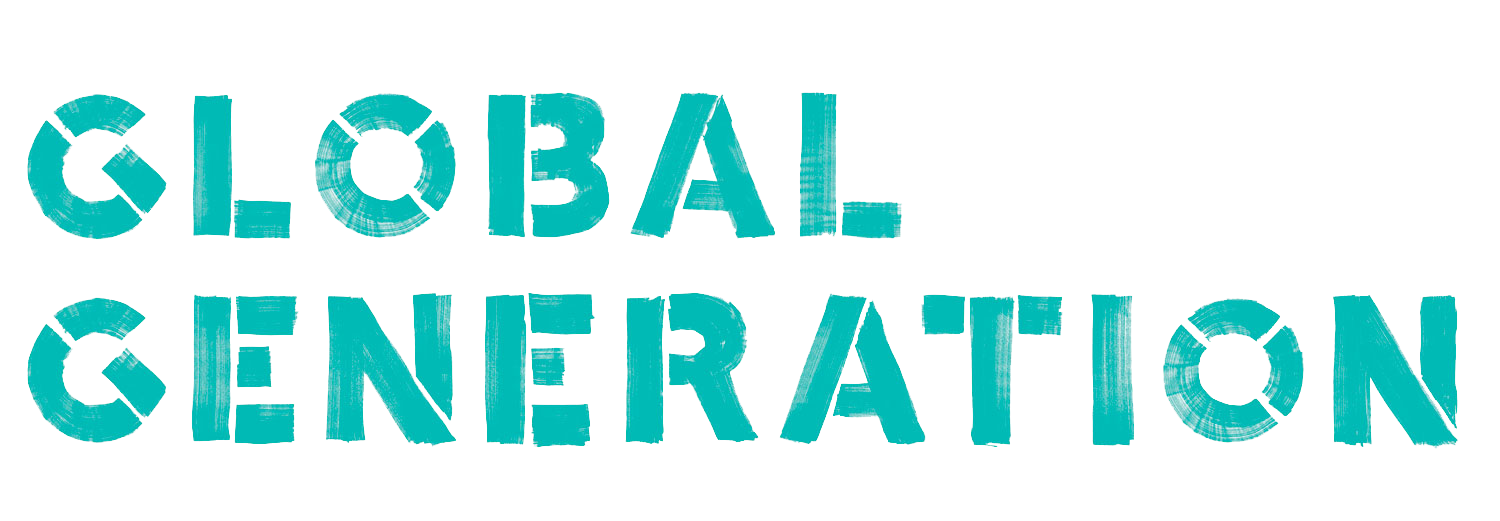
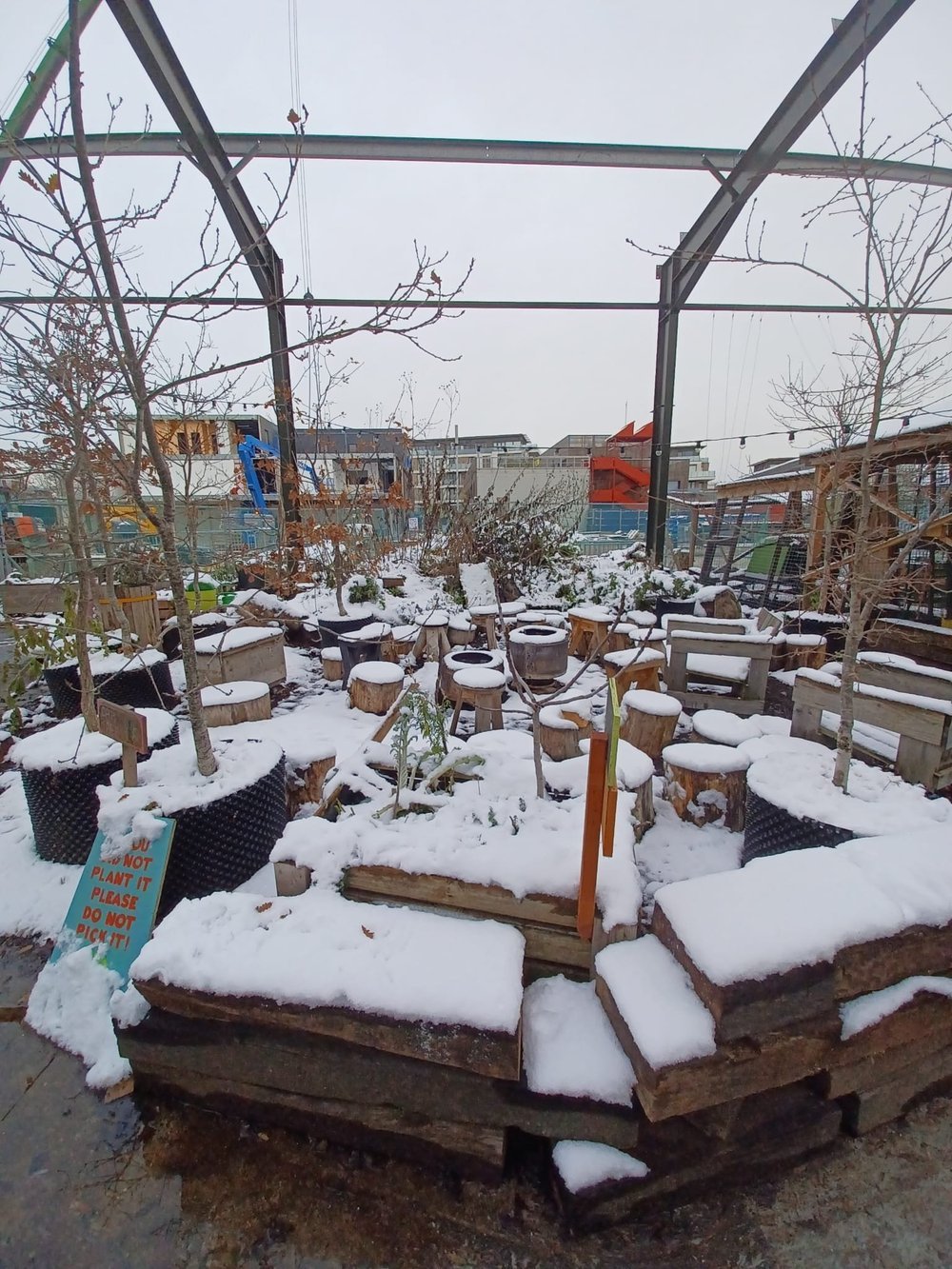
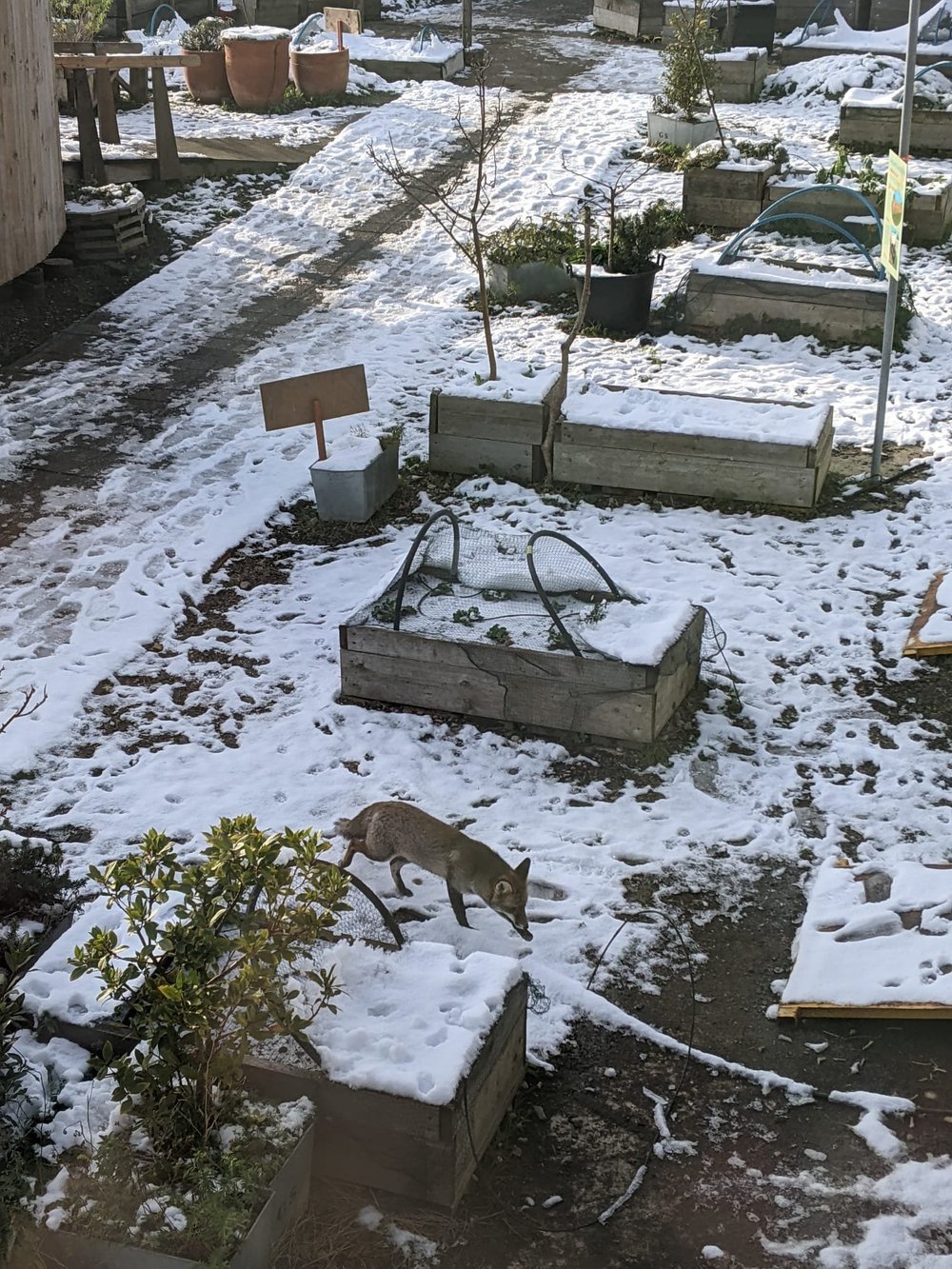


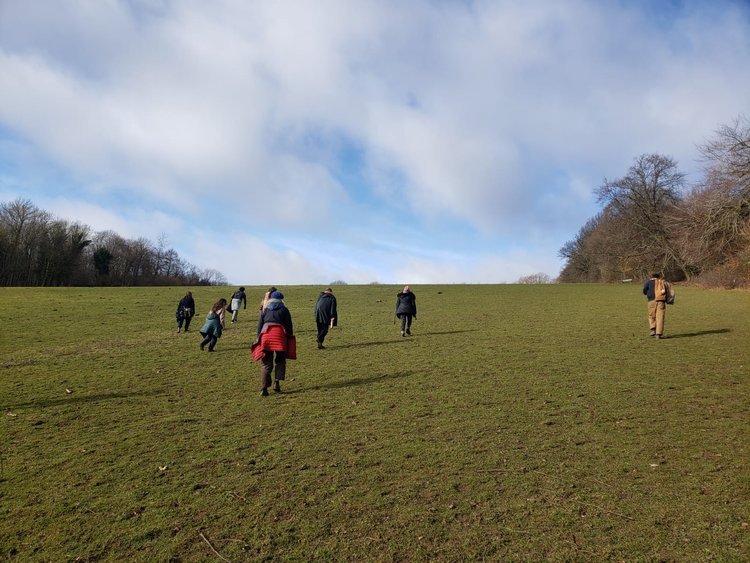


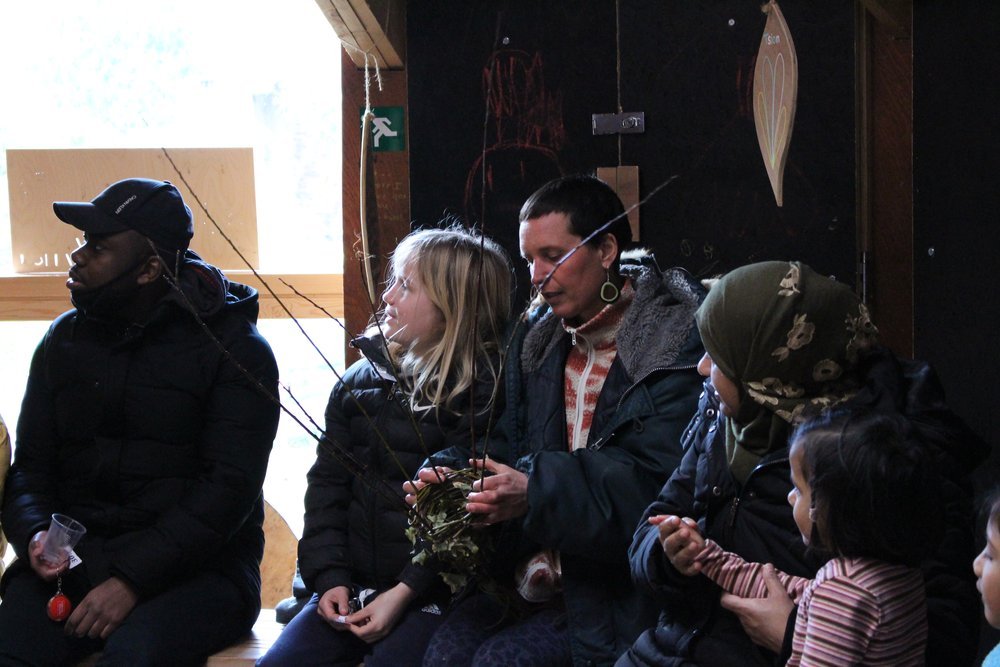
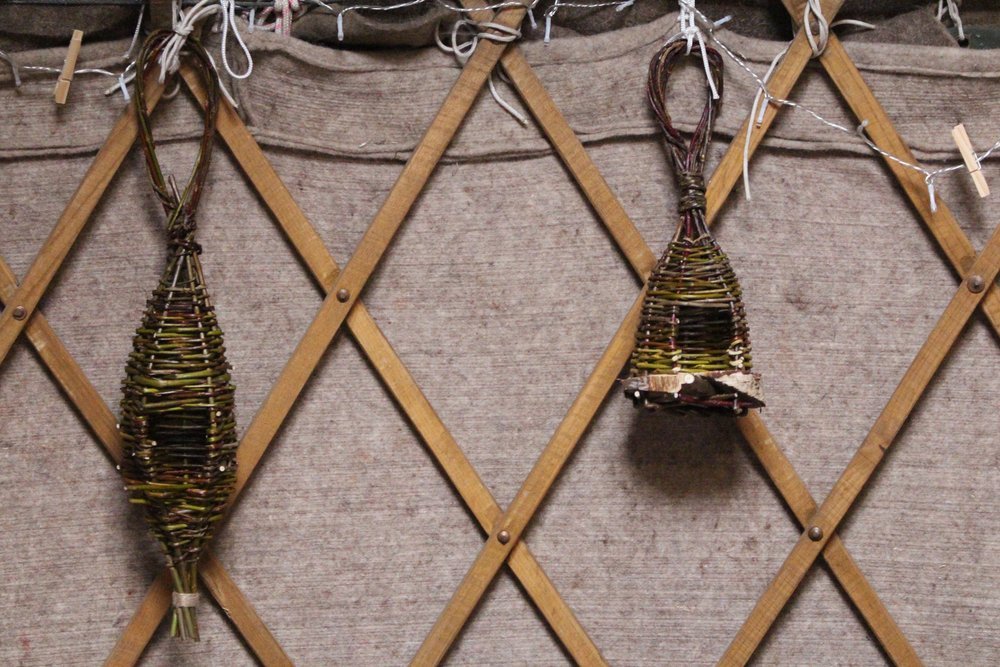




The everyday often gets overlooked, doesn’t it? We walk past spaces, objects, and people without a second thought—but these small, everyday moments hold the power to create real change.